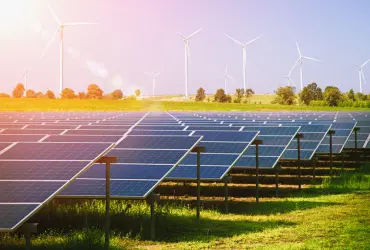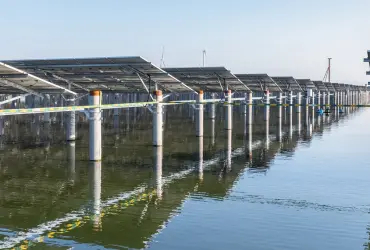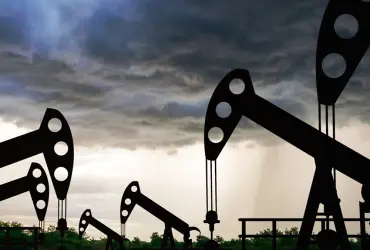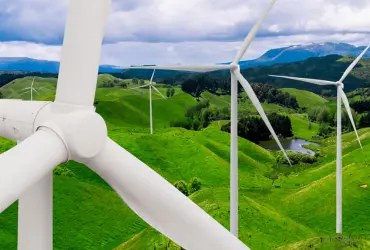Turn All Business Travel Into a Holiday
with a Team That Understands
What You Need
Upcoming Trade Shows in for Energy efficient

Energiesparmesse 2026, Wels, Austria
27 Feb - 1 Mar 2026

Middle East Energy 2026, Dubai, UAE
7 - 9 Apr 2026

WINDEUROPE 2026, Bilbao, Spain
21 - 23 Apr 2026

World Utilities Congress 2026, Abu Dhabi, UAE
19 - 21 May 2026

Intersolar Europe 2026, Munich, Germany
23 - 25 Jun 2026

WindEnergy 2026, Hamburg, Germany
22 - 25 Sep 2026

eMOVE360° EUROPE 2026, Munich, Germany
13 - 14 Oct 2026

ADIPEC 2026, Abu Dhabi, UAE
2 - 5 Nov 2026

EnergyDecentral 2026, Hannover, Germany
10 - 13 Nov 2026

E-World Energy & Water 2027, Essen, Germany
16 - 18 Feb 2027

HUSUM Wind 2027, Husum, Germany
14 - 17 Sep 2027
Energy efficiency in the EU has been a critical factor in managing energy consumption. Over the past decade, the EU has made significant strides in improving energy efficiency, with notable progress observed between 2014 and 2019. However, the impact of the COVID-19 pandemic in 2020 has stunted progress even if advancements in the energy efficient industry develop at a rapid tempo. Let’s review the aforementioned period.
From 2014 to 2019, the EU’s final energy consumption increased by 36 million tonnes of oil equivalent (Mtoe). This rise in consumption was driven primarily by economic and population growth, which added 70 Mtoe to the total energy demand. However, energy savings from efficiency improvements managed to offset around half of this increase, reducing consumption by 37 Mtoe. Structural changes, such as shifts in the GDP distribution between industry and services, and modal shifts in transport, further decreased consumption by 6 Mtoe. Conversely, climate variations contributed to a 6 Mtoe increase in consumption due to fluctuating temperatures. The pandemic year of 2020 brought about a significant reduction in energy consumption, with final consumption dropping due to lockdowns and economic slowdowns.
Interestingly, energy efficiency in productive sectors like industry, services, and freight transport often deteriorates during deep recessions. This is due to energy consumption not declining in proportion to reduced economic activity, leading to lower operational efficiency. The same trend was observed in 2020, with public transport being heavily impacted by lockdowns and sanitary measures. Despite these challenges, energy efficiency policies and retrofitting programs played a crucial role in maintaining progress. For instance, Denmark saw a fourfold increase in the renovation of social buildings in 2020, while France experienced a 60% rise. Germany, Finland, and Austria also reported slight increases in retrofitting activities, underscoring the resilience of energy efficiency measures amid the crisis.
GET A FREE QUOTE
Looking for a hotel accommodation for particular trade show or exhibition.
Send us a general enquiry and we will find the best options for you
Send us a general enquiry and we will find the best options for you